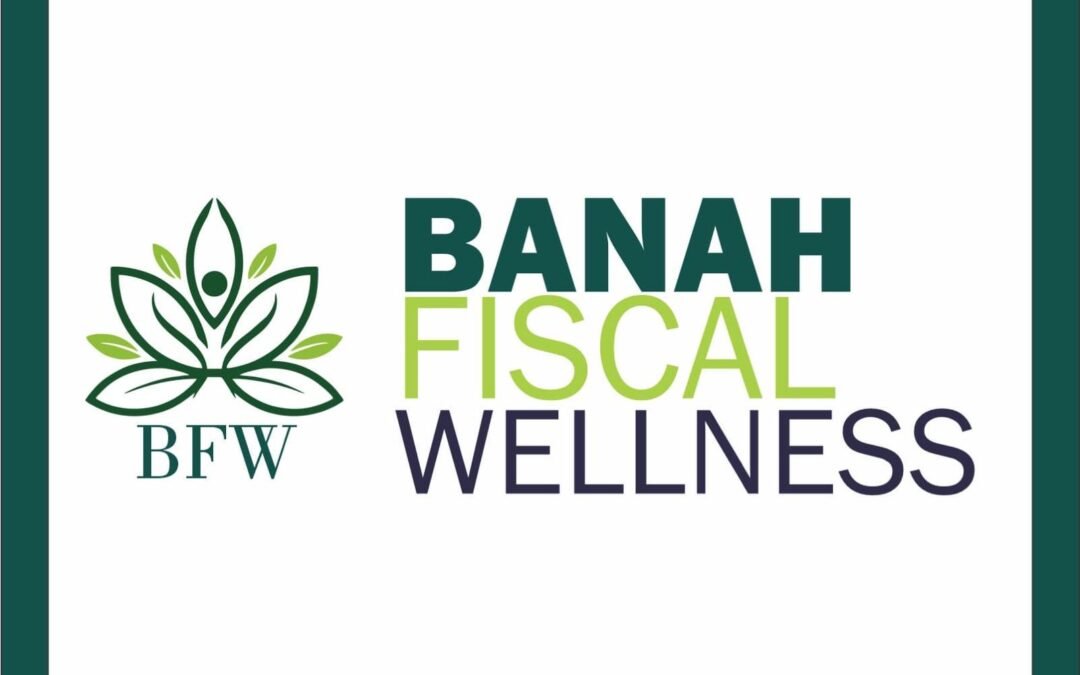Setting New Year Goals: The end of the year can evoke a range of emotions, including reflection, nostalgia, gratitude, anticipation, and sometimes even a sense of melancholy. My good friend, Susan told me in church the last Sunday of 2023 that she can’t wait to see the year end. This is because of the loss of her loved ones she witnessed in 2023. People not only reflect on their achievements but also challenges of the past year. No matter what your view is, there’s a common agreement to a fresh start for a new year.
The arrival of a new year often brings a sense of renewal and the opportunity for a fresh start. People commonly view the new year as a time to set new goals, make resolutions, and embark on positive changes in various aspects of their lives. There’s a sense of optimism and hope for a better future as individuals look forward to new opportunities, personal growth, and the chance to overcome challenges.
The essential part of setting goals for the new year is checking your financial cards at the end of year. This involves a methodical review of various financial documents such as bank and income statements, personal balance sheets and any other financial records to assess the overall financial health and performance of your portfolio. You may also review your yearly budget versus the actual budget, assess debt and liabilities, check tax compliance, and reflect on financial goals set for the year and evaluate the progress made. Your current financial situation will aid to adjust goals for the upcoming fiscal or calendar year.
One goal setting method that works well with most people is the use of SMART criteria. The concept of SMART goals, with attributes such as Specific, Measurable, Achievable, Relevant, and Time-bound was introduced as a framework for effective goal setting. The SMART criteria were first introduced in the November 1981 issue of Management Review in an article titled “There’s a S.M.A.R.T. way to write management’s goals and objectives” written by George T. Doran.
SMART goals are sometimes motivational and should reflect your aspiration and desire for the year.
Example: I want to build a $10,000.00 Emergency fund. I hope to achieve this by moving $385.00 from my bi-weekly pay to my emergency fund. I am motivated to accomplish this goal because of the convenience of having a reliable and adequate safety net in case of family emergencies. I will henceforth cook my lunch and take it to work to save an additional $185.00 bi-weekly. This $185 is added to my original $200.00 bi-weekly emergency fund to achieve the $385.00 set goal. I will start in January 2024 and my emergency fund goal will be achieved within one year.
Don’t give yourself an unrealistic goal. For example, don’t give yourself a goal of $100,000.00 emergency fund by December 2024 when you made $90,000.00 as shown on your December 2023 end of year overall payroll. Be fair to yourself. Wealth building is precept by precept. Review your goals often. Believe and work toward them.
By following these steps, you can gain a comprehensive understanding of your financial performance over the past year and make informed decisions for the future.

